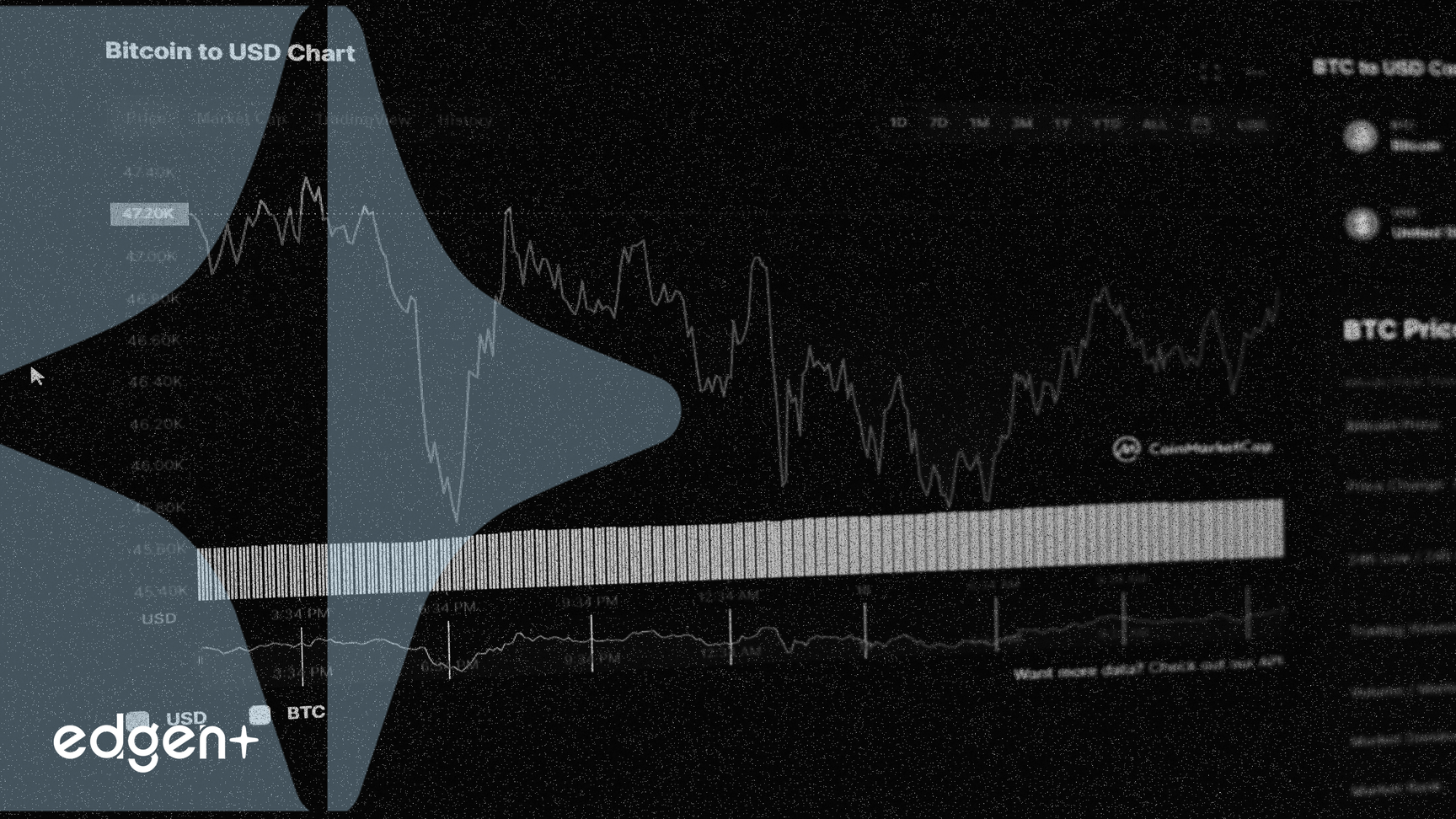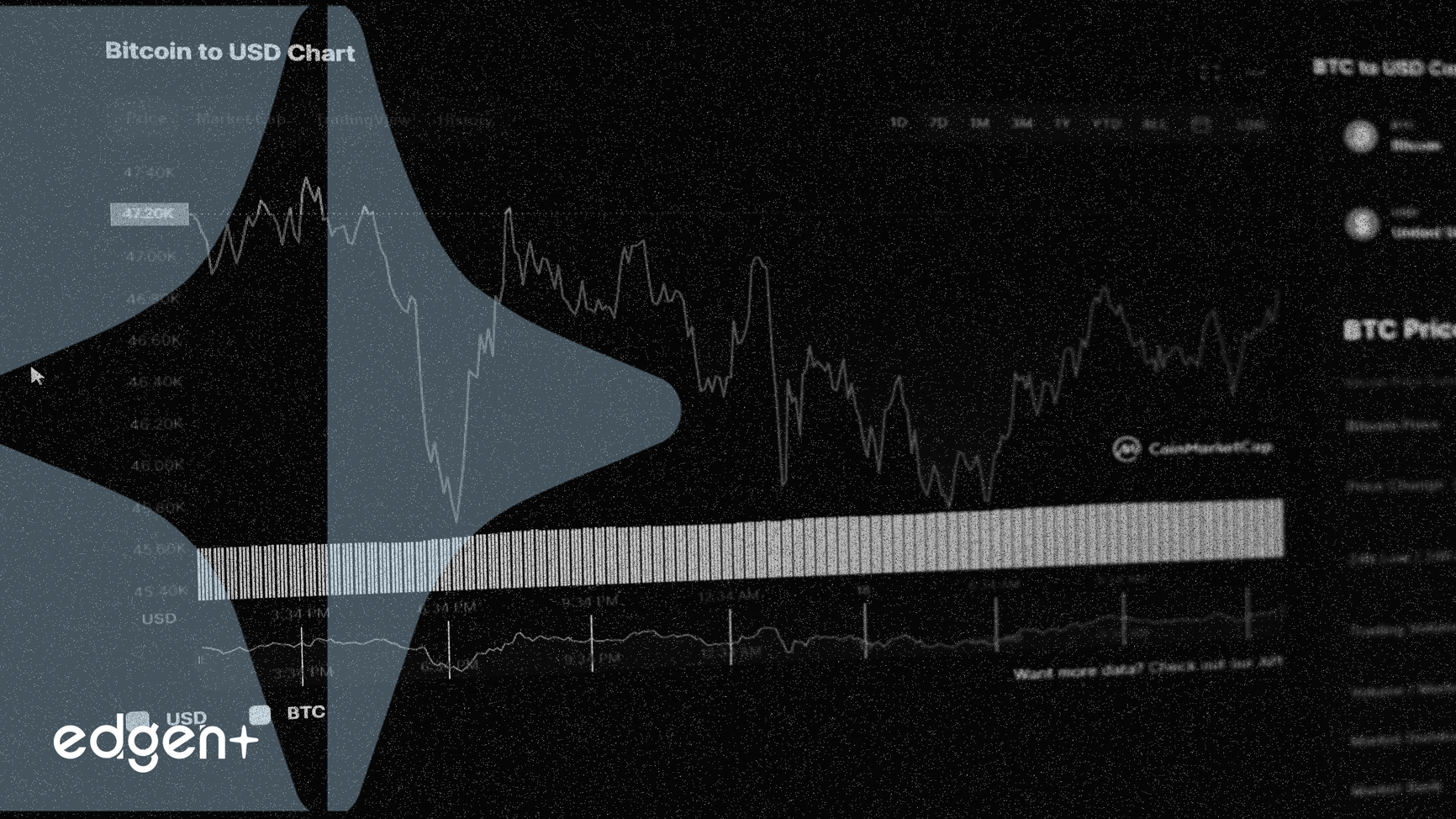Jefferies Insights on Payment Network Outlook
Jefferies has issued an analysis regarding the near-term growth trajectories of payment processing giants Visa (V) and Mastercard (MA), suggesting Visa is better positioned for fiscal year 2026. While Mastercard is still viewed as the stronger long-term investment due to its Value-Added Services (VAS) portfolio and international market tailwinds, Visa is projected to benefit from a more favorable immediate operational environment.
Detailed Projections and Market Dynamics
Analyst Trevor Williams of Jefferies forecasts Visa's constant-currency revenue expansion to surpass 10% for fiscal 2026 (FY26). This growth algorithm is underpinned by a notable pricing tailwind and a deceleration in client incentive growth. Should Visa's VAS growth reach 20%, exceeding the base case of 18%, its revenue growth could approach 11%. For comparison, in the second quarter, Visa's VAS growth accelerated to 26% year-on-year, outpacing Mastercard's 18%.
Conversely, Mastercard is expected to confront specific headwinds that will temper its near-term performance. These include the Capital One debit de-conversion in the U.S. and the transfer of the Lloyds U.K. credit portfolio to Visa. These factors are anticipated to reduce Mastercard's U.S. growth to approximately 4% in early 2026, while Visa is projected to outgrow Mastercard by as much as 250 basis points in the U.S. at its peak. Consequently, Mastercard's overall revenue growth is expected to decelerate to around 11.5% in 2026, down from 13-14% in 2025.
Valuation and Competitive Landscape Analysis
Mastercard currently trades at a 21% valuation premium to Visa, significantly higher than its five-year average premium of 17%. Jefferies anticipates this gap to narrow. The projected narrowing is based on Visa's FY26 revenue growth trailing Mastercard's by a smaller margin (0.5-1.5 percentage points) compared to the 2-3 percentage point difference observed in FY25. Visa's growth path is characterized as "undemanding," benefiting from 1.5 years of pricing impact, reduced incentives drag, and an improving cross-border mix that offsets weaker currency volatility. While Mastercard's near-term growth faces pressure, it is still expected to remain within its medium-term target of maintaining low-double-digit growth.
Expert Perspective and Forward Outlook
Jefferies maintains "Buy" ratings on both payment processing leaders, assigning price targets of $410 for Visa and $675 for Mastercard. The analysis underscores that while Mastercard possesses a robust long-term narrative driven by its comprehensive VAS portfolio, strong secular international tailwinds, and margin expansion opportunities, Visa is poised for a more advantageous near-term setup. Investors will likely monitor the impact of the mentioned de-conversions and portfolio shifts on Mastercard's volume growth, alongside Visa's ability to capitalize on its pricing advantages and cross-border mix improvements in the coming quarters.
ソース:[1] Visa or Mastercard: Which sets up better for 2026? Jefferies weighs in (https://finance.yahoo.com/news/visa-mastercar ...)[2] Visa or Mastercard: Which sets up better for 2026? Jefferies weighs in - Investing.com (https://www.investing.com/news/stock-market-n ...)



